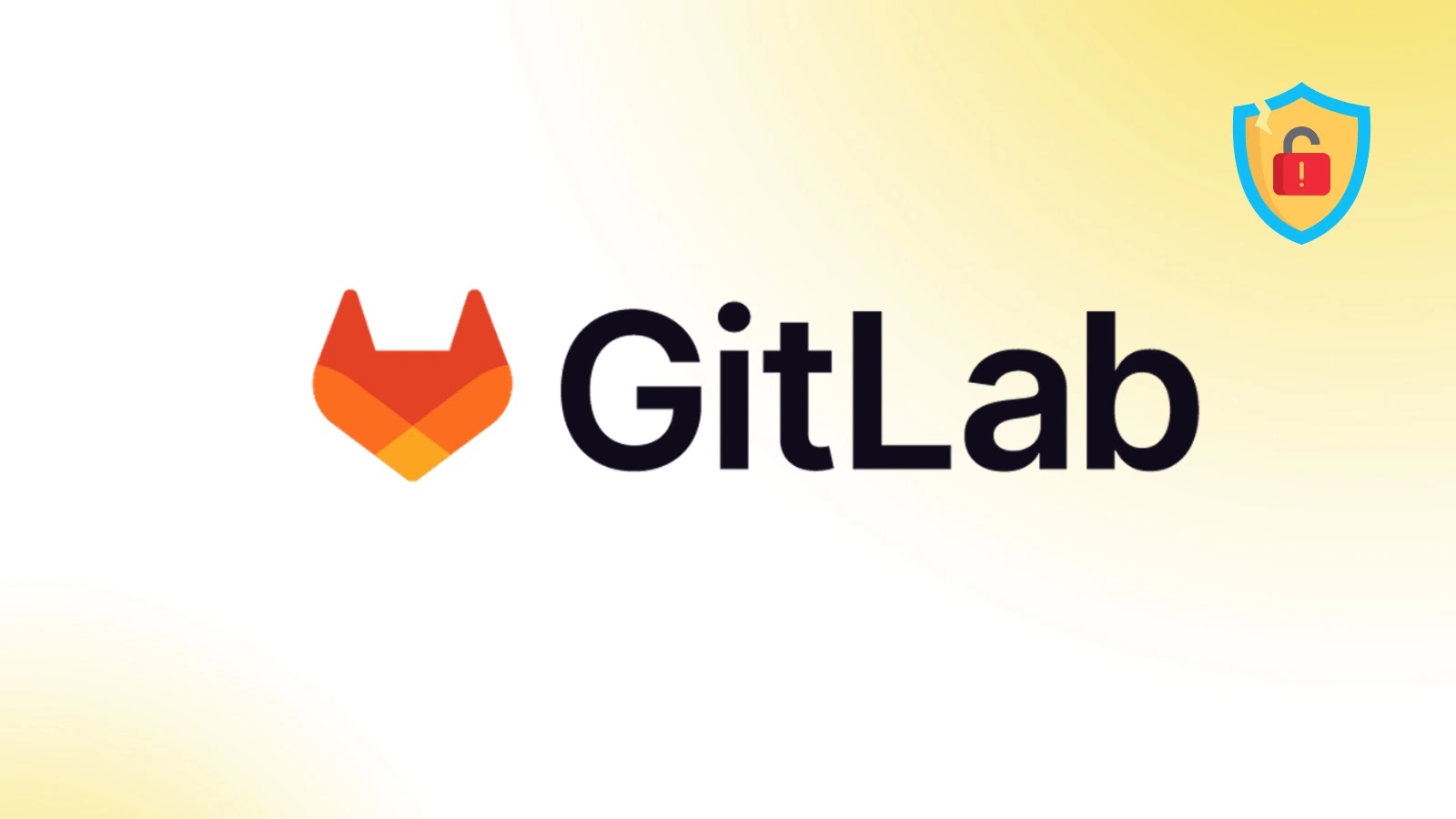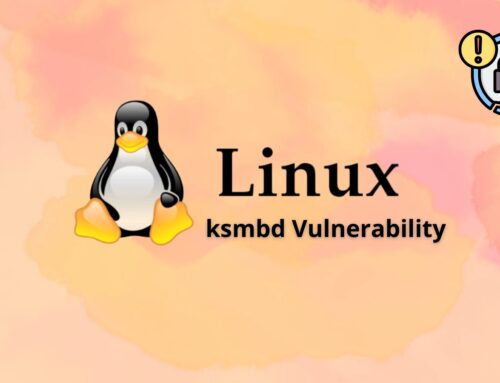
GitLab High-Severity Vulnerabilities Let Attackers Crash Instances
GitLab, a cornerstone for development teams worldwide, has recently issued a critical warning that demands immediate attention. Multiple high-severity Denial-of-Service (DoS) vulnerabilities have been discovered, posing a significant risk to self-managed GitLab instances. These flaws could allow unauthenticated attackers to crash your systems, leading to devastating service interruptions and potential data loss. For any organization leveraging GitLab, understanding these threats and acting swiftly is paramount.
Understanding the GitLab DoS Vulnerabilities
The disclosed vulnerabilities are not mere nuisances; they represent a direct threat to the availability and integrity of GitLab instances. An attacker, even without authentication, could exploit these weaknesses to initiate a DoS attack, rendering your GitLab server unresponsive. This translates to halted development cycles, frustrated teams, and real financial implications for businesses reliant on their GitLab infrastructure.
These specific DoS vulnerabilities impact both GitLab Community Edition (CE) and Enterprise Edition (EE). Cyber attackers can leverage both HTTP endpoints and GraphQL APIs, demonstrating a multi-faceted attack vector. The broad reach of these vulnerabilities across different components of the GitLab platform underscores the urgency of applying the necessary patches.
Affected Versions and CVE Details
Organizations running older versions of GitLab are particularly vulnerable. The issues affect versions prior to:
- 18.4.1
- 18.3.3
- 18.2.7
It’s crucial to identify your current GitLab version and cross-reference it with these affected releases. While the original source does not specify individual CVEs, the general threat classification as Denial-of-Service is clear. For comprehensive details on specific patches and potential associated CVEs by GitLab, administrators should refer to the official GitLab security advisories for versions 18.4.1, 18.3.3, and 18.2.7.
Impact of a Denial-of-Service Attack
A successful DoS attack against your GitLab instance can have far-reaching consequences:
- Service Interruption: The most immediate impact is the inability to access Git repositories, CI/CD pipelines, issue trackers, and other essential GitLab features. This directly halts development and operations.
- Productivity Loss: Developers and DevOps teams become stalled, leading to significant drops in productivity and missed deadlines.
- Reputational Damage: For organizations offering their services via GitLab or hosting external projects, a prolonged outage can severely damage their reputation and customer trust.
- Financial Impact: Beyond lost productivity, there can be direct financial costs associated with incident response, potential data recovery, and lost revenue during downtime.
- Data Loss Potential: While primarily a DoS, prolonged system crashes or desperate recovery attempts could inadvertently lead to data corruption or loss if not handled meticulously.
Remediation Actions: Your Immediate Steps
Given the severity of these GitLab DoS vulnerabilities, immediate action is required. The primary and most effective remediation is to upgrade your GitLab instance without delay. GitLab explicitly recommends upgrading to the patched versions to mitigate these risks.
- Upgrade Immediately: For all self-managed GitLab instances (CE and EE), users must upgrade to one of the following patched versions or newer:
- 18.4.1
- 18.3.3
- 18.2.7
- Monitor GitLab Security Advisories: Regularly check the official GitLab security advisory page for the latest updates, patches, and detailed information on newly discovered vulnerabilities.
- Implement WAF/DDoS Protection: While upgrading is paramount, employing a Web Application Firewall (WAF) or a dedicated DDoS protection service can add an additional layer of defense against such attacks by filtering malicious traffic before it reaches your GitLab instance.
- Backup Regularly: Ensure robust and tested backup procedures are in place for your GitLab data. In the worst-case scenario of a system crash or corruption, a recent backup can be a lifesaver.
Tools for Detection and Mitigation
While direct upgrades are the cornerstone of mitigation, here are some tools that can aid in maintaining a secure GitLab environment and detecting potential issues.
| Tool Name | Purpose | Link |
|---|---|---|
| GitLab Security Scanners | Integrated security scanning (SAST, DAST, Container Scanning) within GitLab CI/CD. | https://docs.gitlab.com/ee/user/application_security/ |
| Nessus / OpenVAS | Vulnerability scanning for network devices and web applications. | https://www.tenable.com/products/nessus |
| ModSecurity (WAF) | Web Application Firewall for HTTP traffic analysis and rule-based protection. | https://www.modsecurity.org/ |
| Grafana / Prometheus | Monitoring system health and performance, anomaly detection for DoS. | https://grafana.com/ / https://prometheus.io/ |
Protecting Your GitLab Instances in the Future
The disclosure of these high-severity DoS vulnerabilities serves as a stark reminder of the continuous need for vigilance in cybersecurity. For organizations relying on GitLab, keeping your instances updated is not just a best practice; it’s a critical security imperative. Proactive patching, rigorous monitoring, and a comprehensive understanding of potential threats are essential to safeguard your development workflows and maintain operational continuity against evolving cyber threats.





